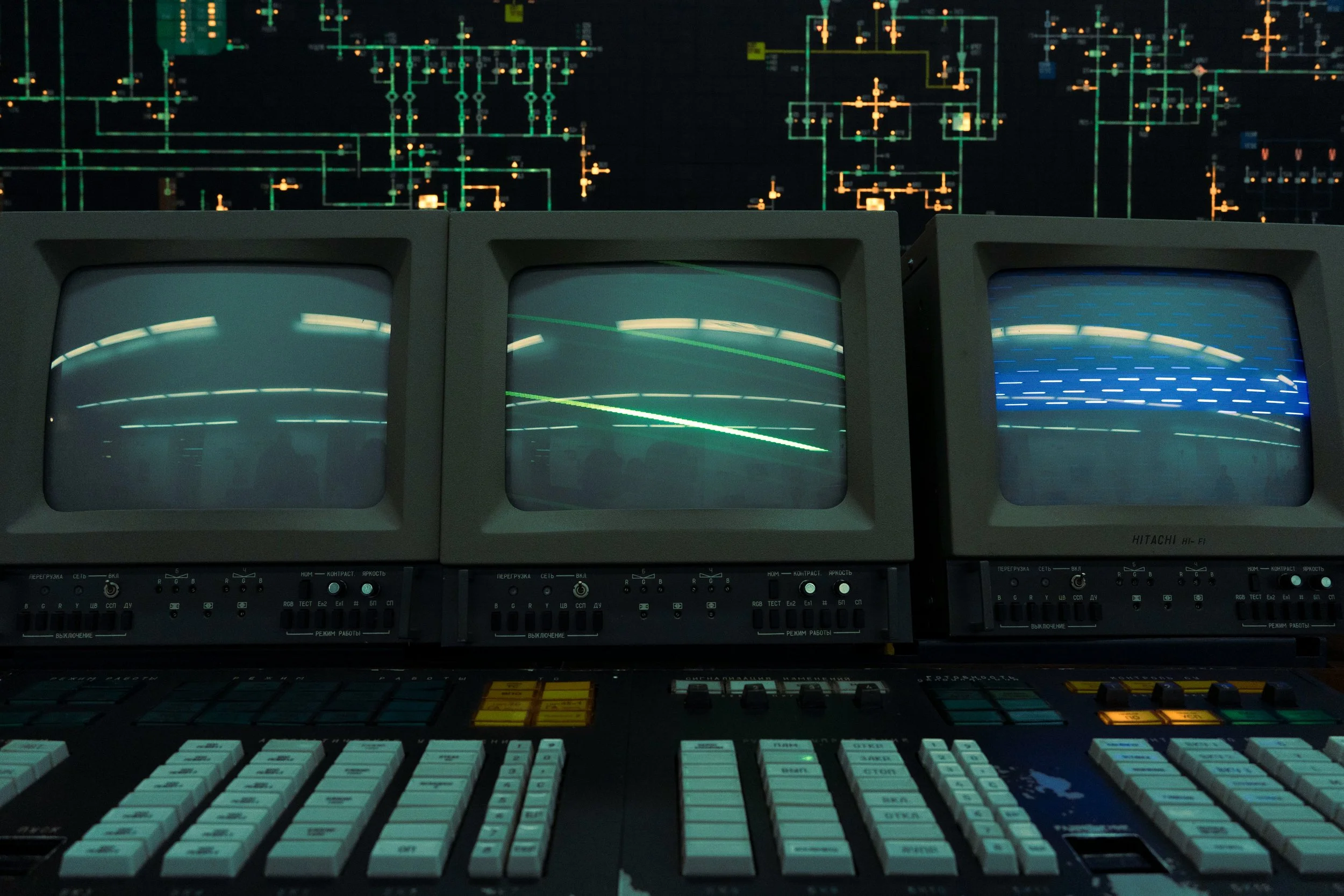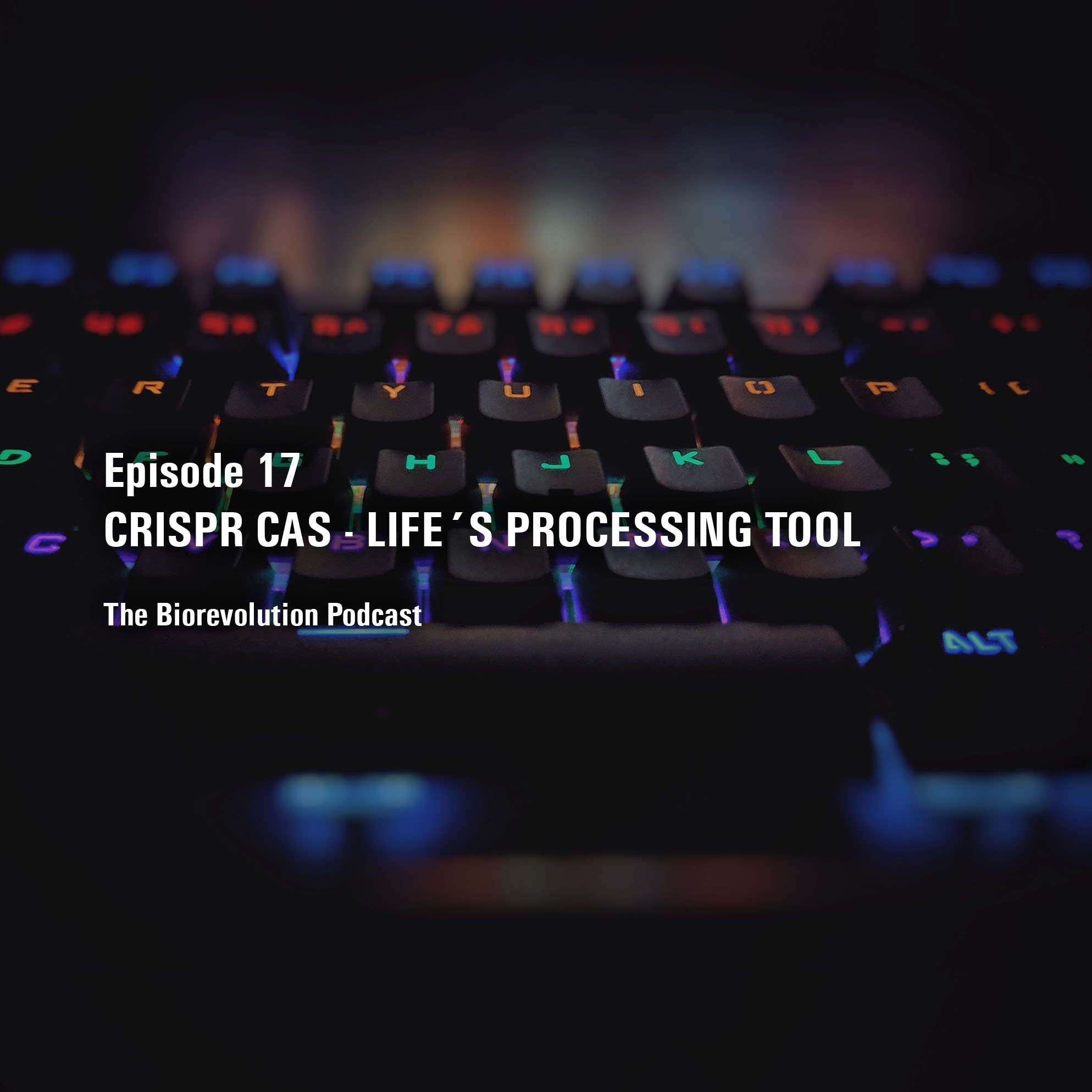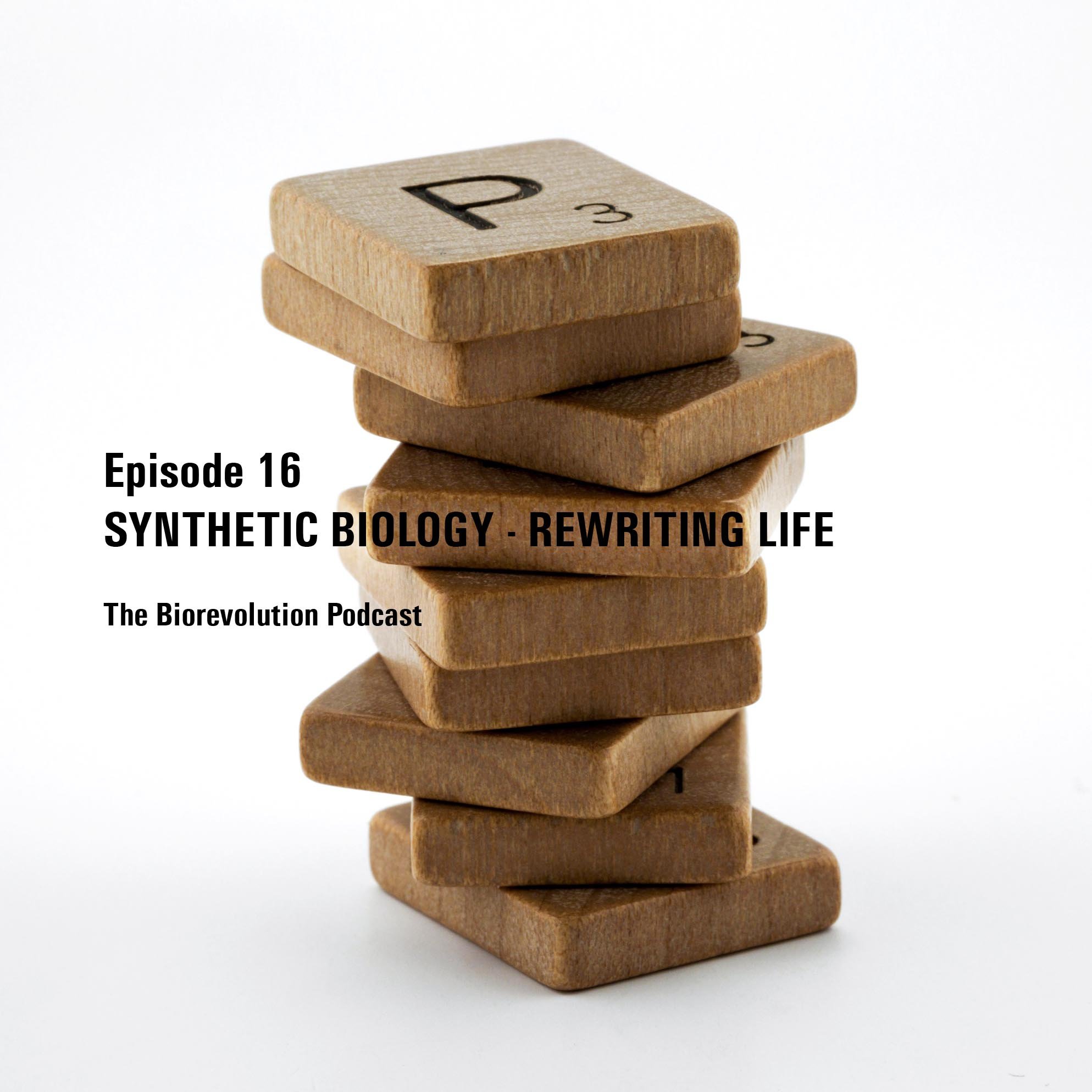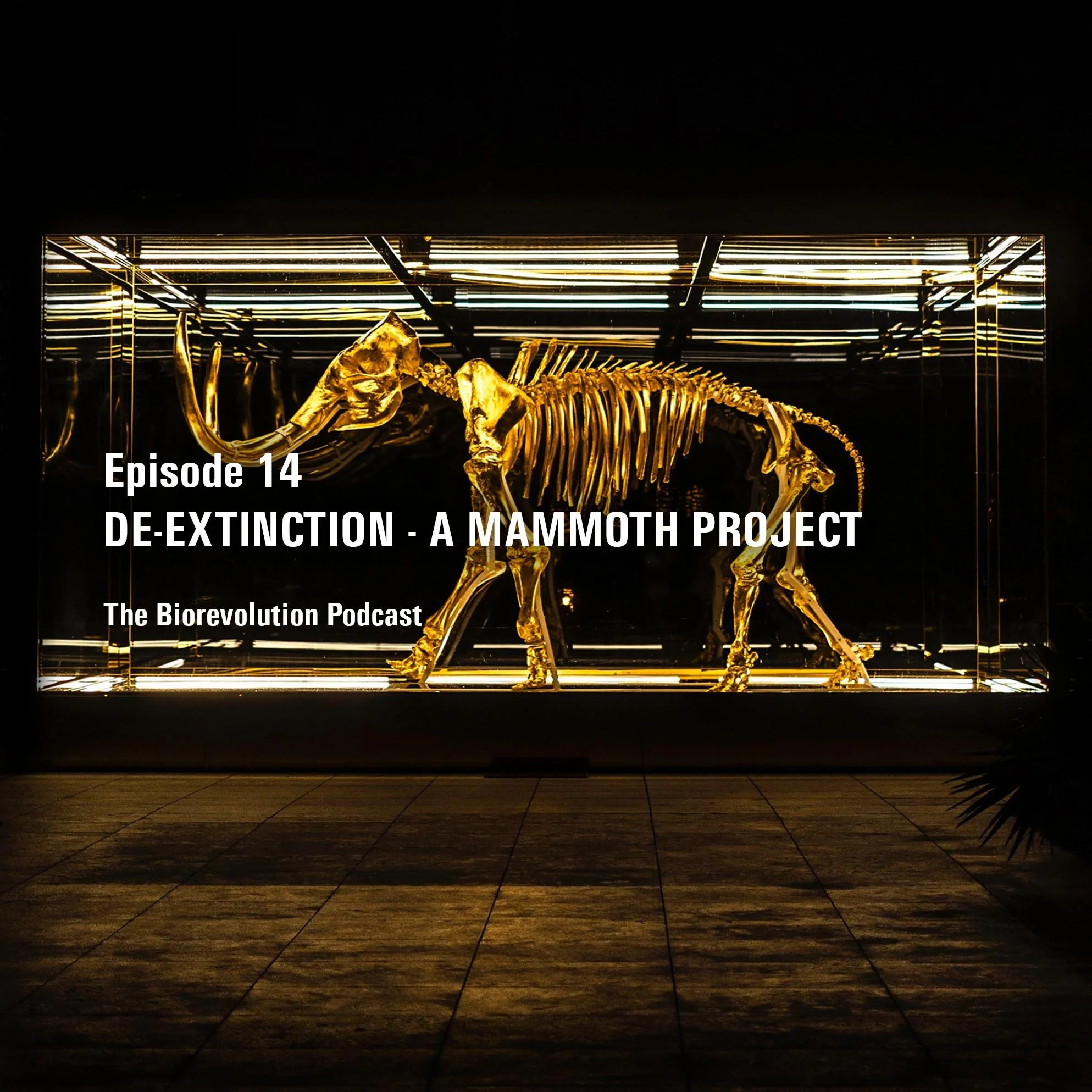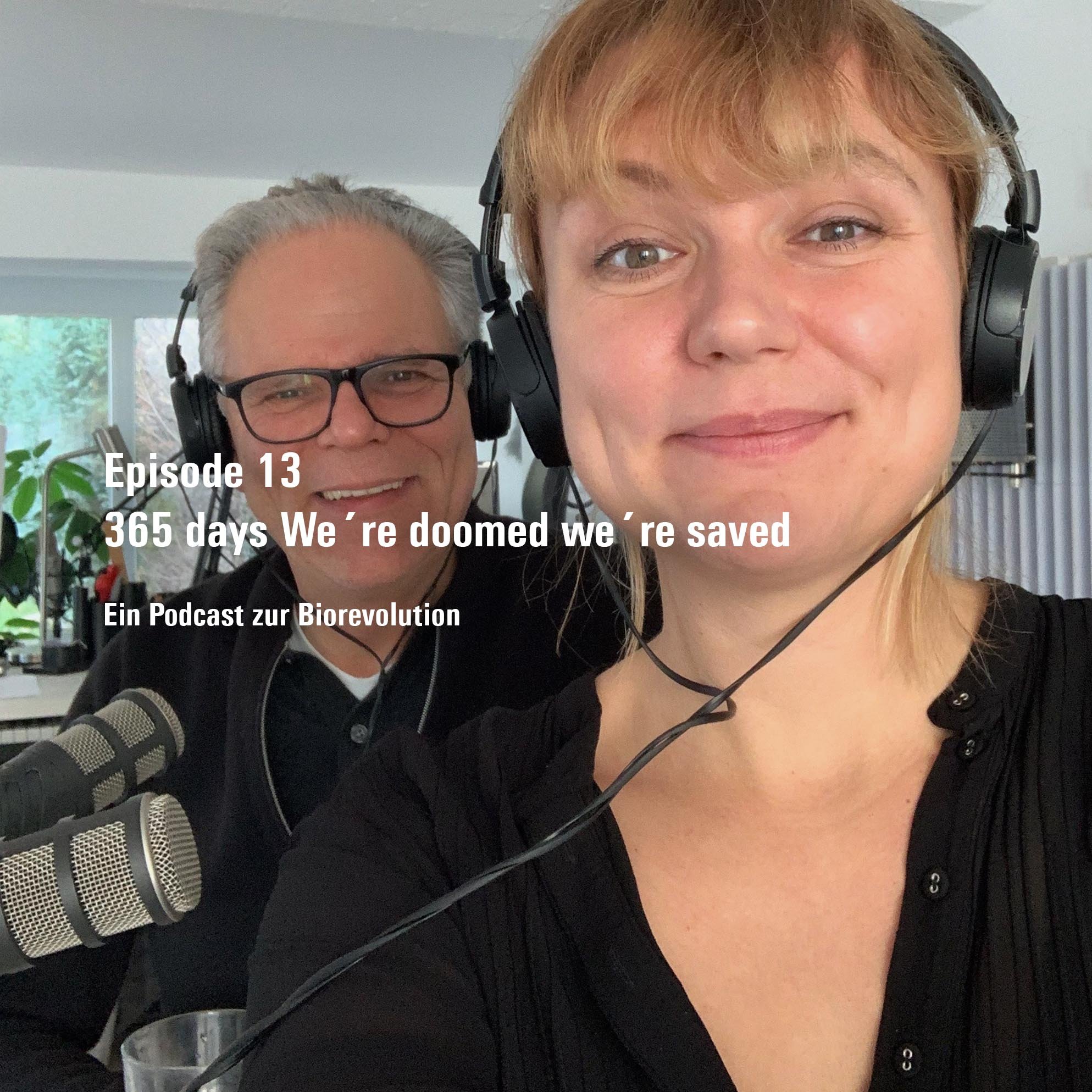In principle the solution to the problem of overweight should be very easy:
eat less and exercise more.But anyone who’s ever tried to lose weight – so probably almost anyone – will be able to testify that things are not as simple. So now Ozempic enters the scene, a diabetes drug that looks like a gamechanger in the big business of weight loss.
In episode 18 of We're doomed we're saved, Andreas Horchler and Louise von Stechow discuss the history of weight loss pills and the medical and cultural reasons why we (think we) need to be thin.
Content and Editing: Louise von Stechow und Andreas Horchler
Disclaimer: Louise von Stechow, Andreas Horchler and their guests express their personal opinions, which are founded on research on the respective topics, but do not claim to give medical, investment or even life advice in the podcast.
Nathan Dumlao- via Unsplash
